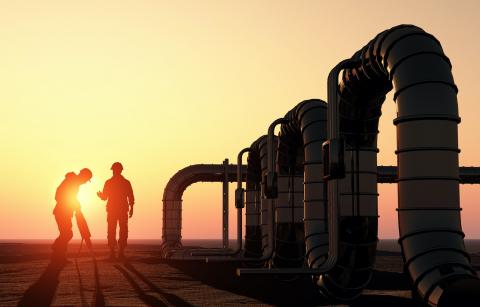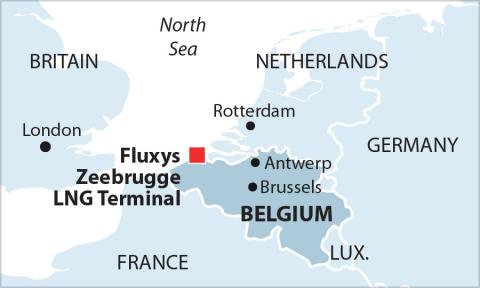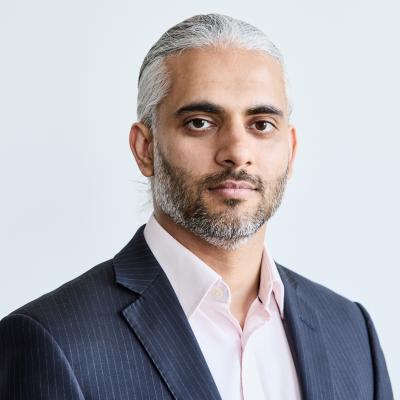Gas cannot continue underpinning EU’s economy as Union seeks way out of the current crisis with new emergency plan

Europe must find ways to satisfy demand with least infrastructure investment, IEEFA warns
London, 21 July 2022 | The Institute for Energy Economics and Financial Analysis (IEEFA) warns that gas cannot continue underpinning the European economy and urges policymakers to find ways to satisfy demand with least infrastructure investment, following an announcement this week by the European Commission of a new legislative tool and a European Gas Demand Reduction Plan.
The Plan and new regulation, which would set a target for all member states to reduce gas use by 15% by March 2023, fail to recognize contradictions between short-term guidelines and ongoing EU policy and planning decisions which will continue to buoy gas demand and prices in the medium term, IEEFA highlights.
Arjun Flora, Director of Energy Finance Studies, IEEFA Europe, says: “With these new measures, plus expected demand reduction under the Fit For 55 plan and ongoing price-driven demand destruction, there will only be a temporary surge in demand for LNG in Europe. This means that many of the new fixed import terminals currently being considered in countries like Italy and Germany could be sitting idle by the end of the decade.”
“While the announced short-term guidelines explicitly encourage and seek to coordinate demand reduction efforts across the EU, the Commission is still at risk of repeating the same mistake which has led to this situation, by assuming alternative gas suppliers will be stable and 'friendly' over coming decades. The Commission would be better advised to recognize that gas cannot continue underpinning the European economy and does not provide energy security. If the EU wants to thrive as a democratic union, it must find a way to cut its dependence on gas and on ENTSO-G as swiftly as possible.”
Ana Maria Jaller-Makarewicz, Energy Analyst, IEEFA, says: “Europe must avoid using the energy crisis as an excuse to build additional, unnecessary gas infrastructure that will result in price increases for consumers. The EU should instead conduct a detailed analysis of all of the continent’s gas network to determine which is the most effective way to satisfy the demand with the least investment in infrastructure.”
“Building is not always the best way forward, and we should learn from past experiences. Instead of diversifying at the source, in the past Europe built gas pipelines to diversify routes, bypassing Ukraine to transport Russian gas. The result today is that we have several pipelines that are underutilised, and others that are considered stranded assets such as the Nordstream 2 and part of the Trans-Balkan pipeline, among others.”
Several European countries make extensive use of gas for heating – such as the Netherlands (83% heat market share), Italy (72%), and Hungary (69%). Replacing gas boilers in these countries should be a priority, as it would greatly contribute to reducing gas demand, IEEFA highlights.
“Europe must prepare for the worst-case scenario and should start acting now on the Stage 3 measures. Demand side management is the way forward, and EU countries should start implementing solutions straight away. Many citizens across Europe aren’t aware of how to control the temperature of their thermostats. We should strive to assist every household in the EU with how to use their thermostat correctly, according to the state of their home insulation, size of the property as well as the number of people living on the property.”















